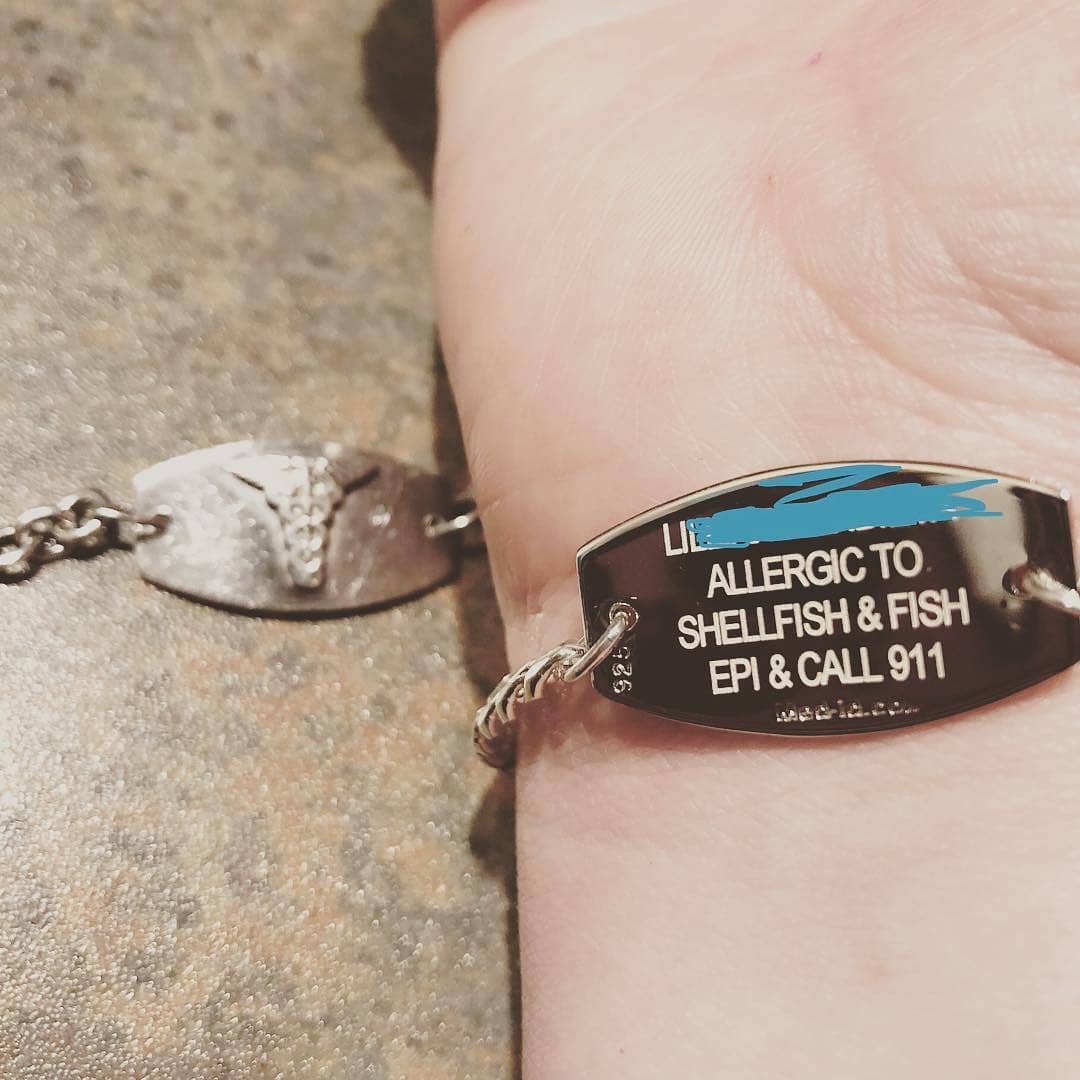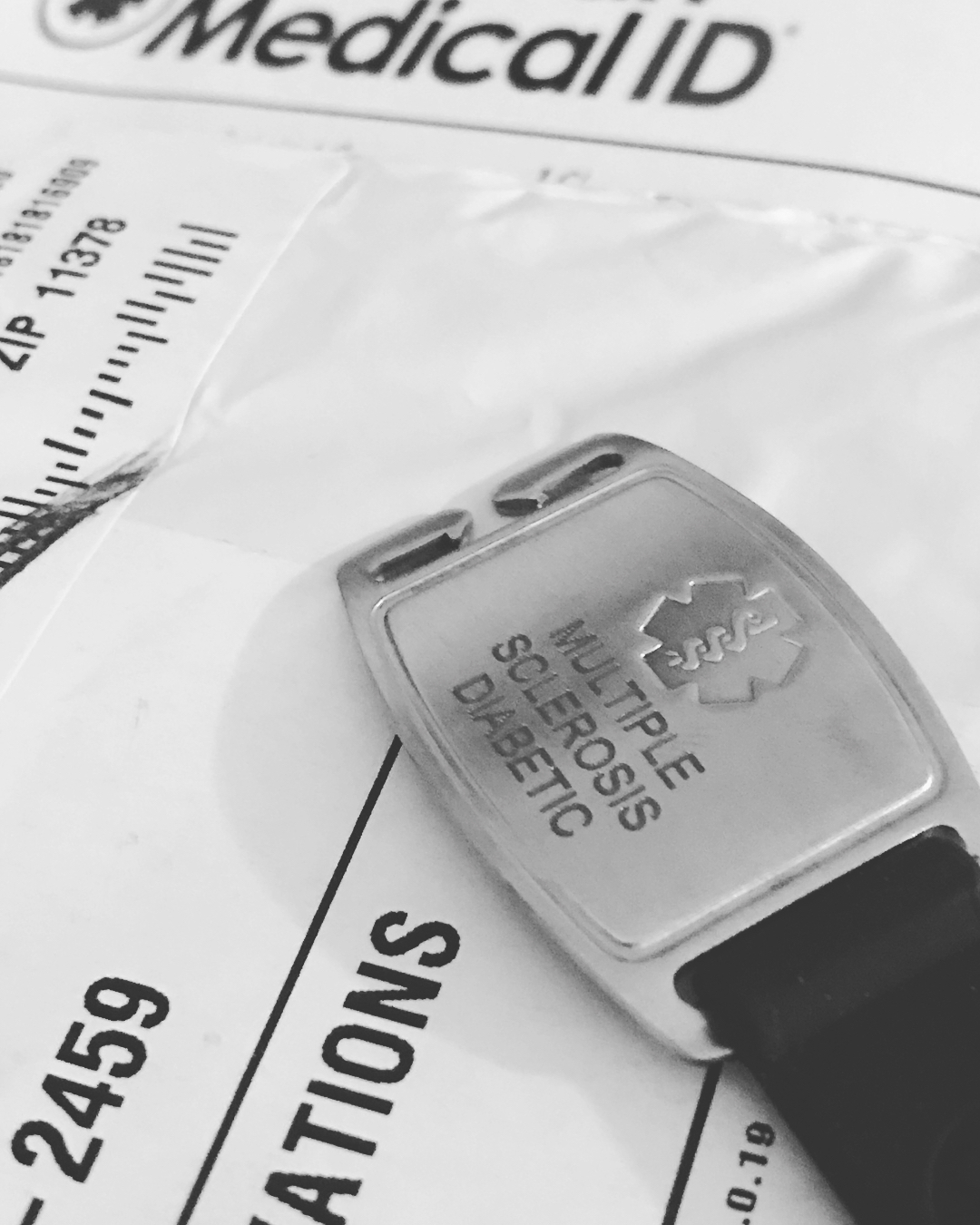What is Hashimoto’s Disease?
Hashimoto’s disease is an autoimmune disorder that affects about 5 in 100 people in the United States, according to the Cleveland Clinic. Your immune system mistakes your thyroid for an invader and attacks it, resulting in hypothyroidism.
Your thyroid is a gland in your neck that produces thyroid hormones to regulate the speed of your metabolism. Because your thyroid is essentially under attack, it cannot produce enough of the thyroid hormone known as thyroxine.
Other names for Hashimoto’s disease include Hashimoto thyroiditis, chronic autoimmune thyroiditis, and lymphocytic thyroiditis.
Symptoms of Hashimoto’s Disease
In most cases, Hashimoto’s disease progresses slowly over months or even years, and many individuals may not notice symptoms. When symptoms do begin to present, the individual may complain of fatigue, weight gain, constipation, dry skin, feeling extremely cold, bradycardia (a slow heart rate), poor hair and nail growth, depression, a puffy face, difficulty focusing, and heavy menstruation.
The thyroid gland can also swell, causing a lump in the neck known as a goiter, although not everyone experiences this symptom.
Who’s at Risk?
Women and people who are assigned female at birth are nearly 10 times more likely to be diagnosed with hypothyroidism. The average age of diagnosis is from the ages of 30 to 50. A family history of Hashimoto’s disease or hypothyroidism also increases the risk of the disease, as does a diagnosis of other autoimmune disorders such as Crohn’s disease, lupus, or type 1 diabetes.
Treatment Options
Although a common disorder, Hashimoto’s Disease can initially be a challenging condition to manage.
While your thyroid hormone can be replaced using prescribed oral medications such as levothyroxine sodium, finding the right dosage is challenging.
Your primary care provider or endocrinologist will use lab work to check the levels of your thyroid hormone and thyroid stimulating hormone (the hormone from your pituitary gland in your brain that tells your thyroid gland to produce thyroxine). They will also use your symptoms to guide your dosage. The dosage will likely require multiple adjustments over months or years, and most individuals must take levothyroxine daily for the rest of their lives.
Complications of Hypothyroidism
One of the most dangerous complications of hypothyroidism is a myxedema coma. Due to an extreme lack of thyroid hormone, the individual lapses into unconsciousness and will require admission to an intensive care unit for close monitoring, pulmonary and cardiac support and intense intravenous replacement of their thyroid hormone. This is a rare complication that has a high mortality rate approaching 50 percent if it is not identified and treated promptly. Even with prompt treatment, the mortality rate approaches 25 percent.
Medical ID Bracelets for Hypothyroidism
That’s where a medical ID bracelet comes in! Wearing a medical ID bracelet, necklace, or other tag to indicate to first responders and other healthcare workers that you have hypothyroidism can save your life by allowing them to more easily identify the myxedema coma.
This allows you to receive the prompt treatment that is so crucial to making a full recovery. Even if you are in an accident or have another unrelated health condition that makes it difficult to advocate for yourself, it is essential that you continue to receive your levothyroxine as prescribed to prevent any additional complications from hypothyroidism. Wearing a medical ID can make that happen.
At American Medical ID, you can choose from a wide range of necklaces, bracelets, access cards, badges, keychains, charms, and phone and USB IDs to find the perfect medical ID for you. Different styles are available for men, women, and children to fit a variety of tastes and budgets.
Wearing a medical ID can save your life or the life of a loved one—it may be one of the most important purchases that you ever make.







